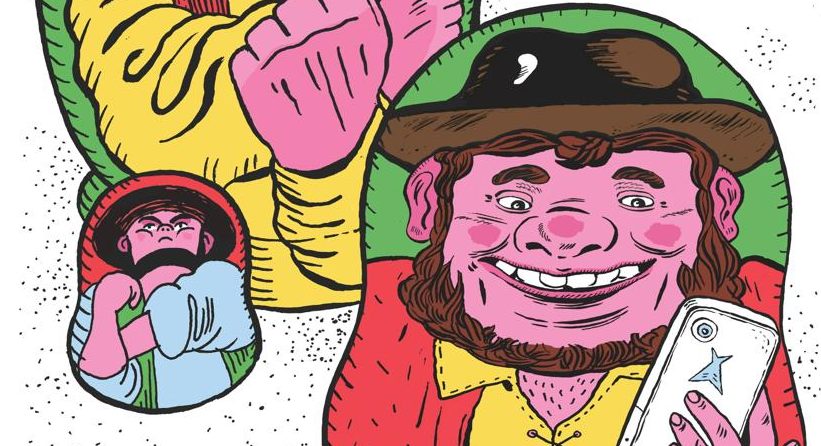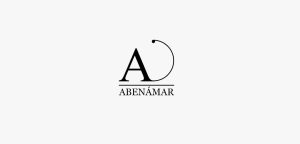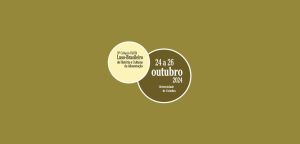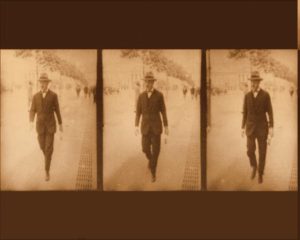O antropólogo e folclorista Alan Dundes faria 80 anos em 2014. Inspirado por esta data, o Instituto de Estudos de Literatura Tradicional (IELT), da Universidade Nova de Lisboa, está a organizar o Colóquio Internacional O povo somos nós: Repensar o folclore no século XXI, que tem por mote a famosa proclamação de Dundes «Quem é o povo? Entre outros, somos nós!», procurando explorar as suas implicações a partir de um vasto leque de disciplinas, das ciências exactas às humanidades, às ciências sociais ou às artes visuais e performativas, à filosofia, à política, entre outras.
A abordagem folclorista tem sido muitas vezes vista como estática e descontextualizada, e a noção de folclore carrega ainda conotações simplistas e contraditórias. Em Portugal, o conceito de folclore continua associado ao Estado Novo e à reconfiguraçãoideológica e propagandística que o regime fez da cultura popular. Noentanto, o fascínio das pessoas pelo folclore é inegável. A sua presença na vida de todos os dias toma muitas formas e é visível na vitalidade e diversidade das práticas sociais que reivindicam uma abordagem renovada e menos redutora.
Este colóquio pretende pôr em confronto as diferentes perspectivas e terminologias dos estudos da cultura, avaliando a operacionalidade do conceito de folclore, a multiplicidade dos seus significados e a sua capacidade de integrar as interacções entre expressões tradicionais e contemporâneas e os seus contextos sociais, culturais e históricos.
Considerando o crescente interesse público pelo “património” e, simultaneamente, os avanços interdisciplinares no estudo dos usos da cultura e da memória, parece-nos crucial repensar o conceito de folclore, bem como a complexidade das suas manifestações e o seu impacto numa investigação cada vez mais interdisciplinar e socialmente participada.
Os oradores convidados são Alison Dundes Renteln, Christian Bromberger, Jorge Freitas Branco, Mário Correia, Pertti Anttonen e Tok Thompson.
Aceitam-se propostas em português e inglês relacionadas com todos os aspectos do Folclore, dos quais deixamos alguns tópicos exemplificativos:
– Géneros do Folclore: Contos, Provérbios e Lendas
– Folclore e Identidade
– Folclore e Património
– Materialidades do Folclore
– Folclore e Modernidade
– Folclore e Turismo
– Folclore e Literatura
– Folclore e Música
– Folclore e História
– Folclore e Ambiente
– Folclore e Direito
– Relação Humano/Animal no Folclore
– Folclore e Infância
– Folclore e Género
– Folclore e Artes Contemporâneas
– Folclore e Transgressão
– Monstruosidade no Folclore
– Arquivos de Folclore
– Folclore e Edição
– Folclore e Tradução
– Folclore na Era Digital
A proposta de comunicação deverá conter a seguinte informação:
– Título completo da comunicação;
– Resumo de 250 palavras;
– Nome, e-mail, filiação institucional e cargo ocupado;
– Biografia de 150 palavras;
O prazo para envio de propostas termina a 30 de junho de 2014. Questões e propostas devem ser enviadas para o e-mail wearethefolk2014@gmail.com. Os participantes serão notificados da aceitação da proposta no dia 16 de julho de 2014.
Preço de inscrição (inclui pastas e coffee breaks):
– até 1 de Outubro: 70€ (geral) e 30€ (estudantes);
– a partir de 2 de Outubro: 80€ (geral) e 40€ (estudantes).
– Desempregados isentos mediante comprovativo.
Comissão organizadora:
Anabela Gonçalves
Carolina Vilardouro
Oriana Alves
Sara Graça da Silva
Comissão científica:
Ana Paula Guimarães
Jean-Yves Durand
José Luís Grosso
Luísa Medeiros
Sara Graça da Silva
Vera Marques Alves
——
We are the Folk: Rethinking Folklore in the Twenty-First Century
Anthropologist and folklorist Alan Dundes would turn eighty this year. Inspired by this date, the Instituto de Estudos de Literatura Tradicional (IELT), at Universidade Nova de Lisboa, Portugal, is organising the international conference We are the Folk: Rethinking Folklore in the Twenty-First Century that will take his proclamation “Who are the folk? Among others, we are!” at face value and explore its implications from a wide range of disciplines, from science to humanities and the social sciences, to the visual and performative arts, philosophy, and politics, amongst others.
The manner in which folklorists study what they see as the creativity and richness of the ways people put meaning in their existence has often been taken as too static and decontextualized. The notion of “folklore” carries profoundly contradictory meanings and connotations. In Portugal, it has particularly been the case as a result of the interest in “popular culture” for propaganda purposes associated with the Estado Novo regime. Nonetheless, folklore’s appeal on the public is undeniable. Its presence in everyday life takes on many forms and appears in the vitality and diversity of social practices that call for renewed, less reductive approaches. This conference wishes to confront different perspectives and terminologies associated with the studies of culture, evaluating the practicality of the concept of folklore, the multiplicity of its meanings and its capacity to integrate interactions between traditional and contemporary expressions and appropriations in particular social, cultural and historical contexts.
Drawing on the growing interest cultural heritage has raised in the public sphere, and, simultaneously, on recent advances in the study of the uses of culture and memory, it is crucial to rethink the concept of folklore as well as the complexity of its manifestations and its impact on an increasingly interdisciplinary and participatory research.
Keynote Speakers: Alison Dundes Renteln, Christian Bromberger, Jorge Freitas Branco, Mário Correia, Pertti Anttonen e Tok Thompson. We welcome proposals in Portuguese or English dealing with all aspects of Folklore, focusing on (but not limited to) the following topics:
– Folklore Genres: Tales, Proverbs and Legends
– Folklore and Identity
– Folklore and Popular Culture
– Folklore and Cultural Heritage
– Folklore and Modernity
– Folklore Materialities
– Folklore and Tourism
– Folklore and Literature
– Folklore and Music
– Folklore and History
– Folklore and Environment
– Folklore and Law
– Human/animal bond in Folklore
– Gender and Folklore
– Children’s Folklore
– Folklore and the Contemporary Arts
– Transgressive Folklore
– Monstrosity in Folklore
– Editing Folklore
– Folklore and Translation
– Folklore Archives
– Folklore in the Digital Age
Please include the following information with your proposal:
the full title of your paper;
a 250 word abstract;
your name, e-mail address, institutional affiliation and position;
a short 150 word bionote;
The deadline for proposals is 30 June 2014. Participants will be notified of acceptance by 16 July 2014. Inquiries and proposals should be sent to the following e-mail wearethefolk2014@gmail.com. Registration Fee (includes materials and coffee breaks):
– until 1 October – general public 70€ / students 30€
– from 2 October – general public 80€ / students 40€
– Attendance is free for unemployed.
Organising Committee:
Anabela Gonçalves
Carolina Vilardouro
Oriana Alves
Sara Graça da Silva
Scientific Committee:
Ana Paula Guimarães
Jean-Yves Durand
José Luís Grosso
Luísa Medeiros
Sara Graça da Silva
Vera Marques Alves




